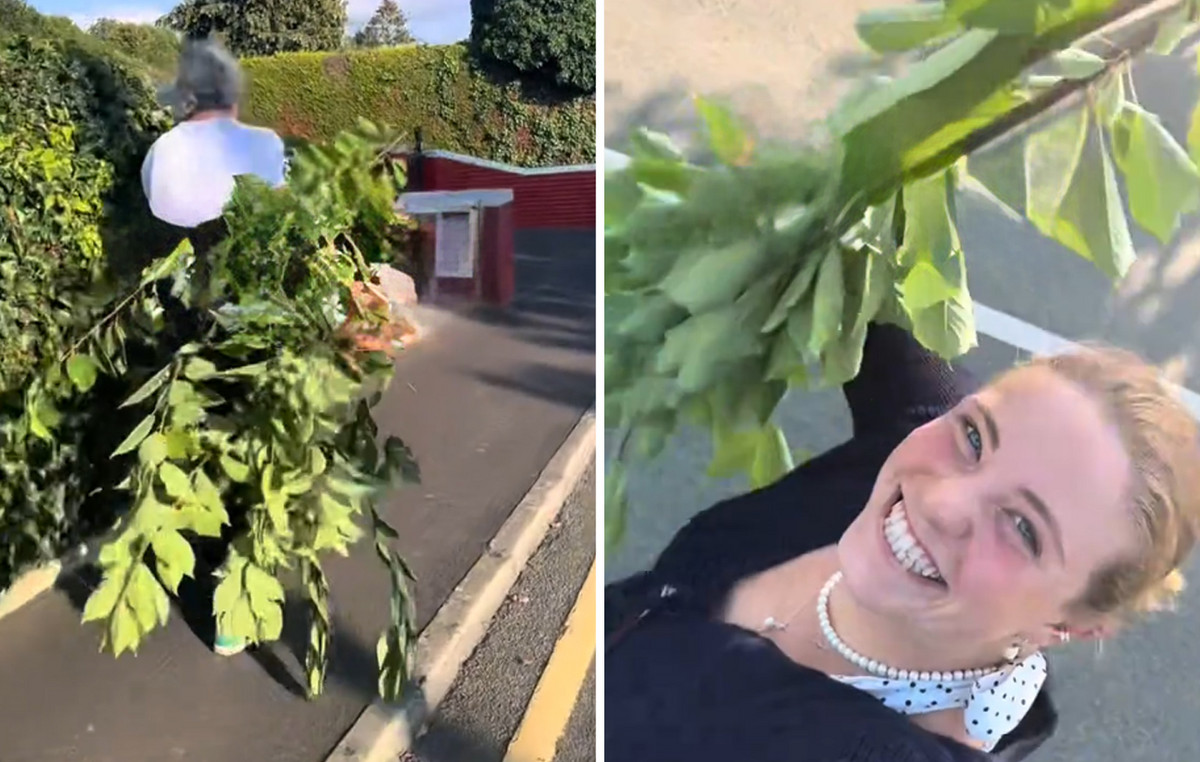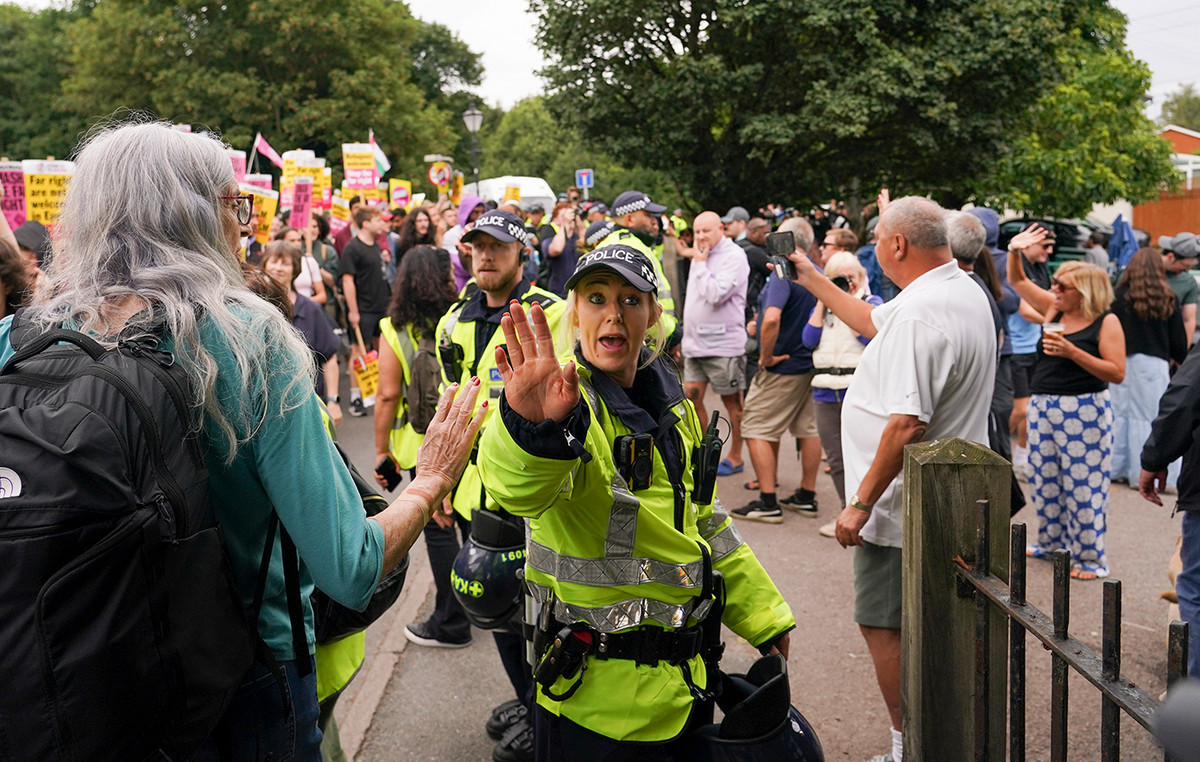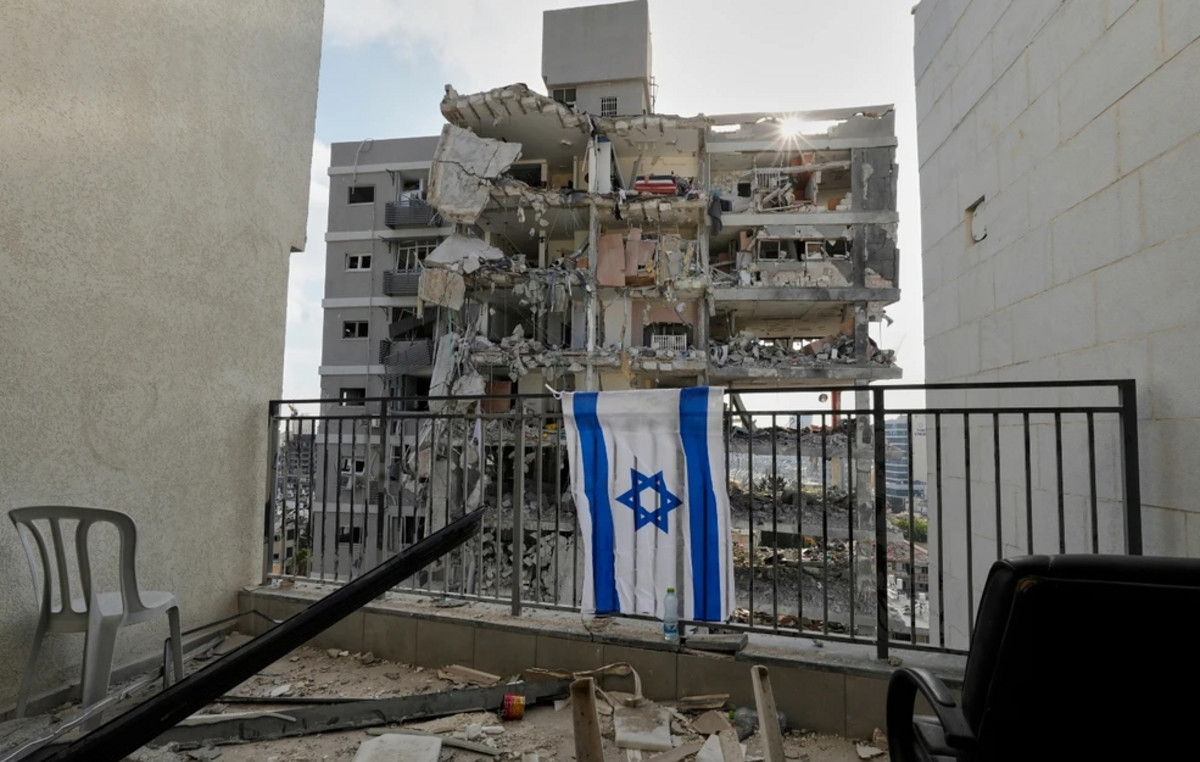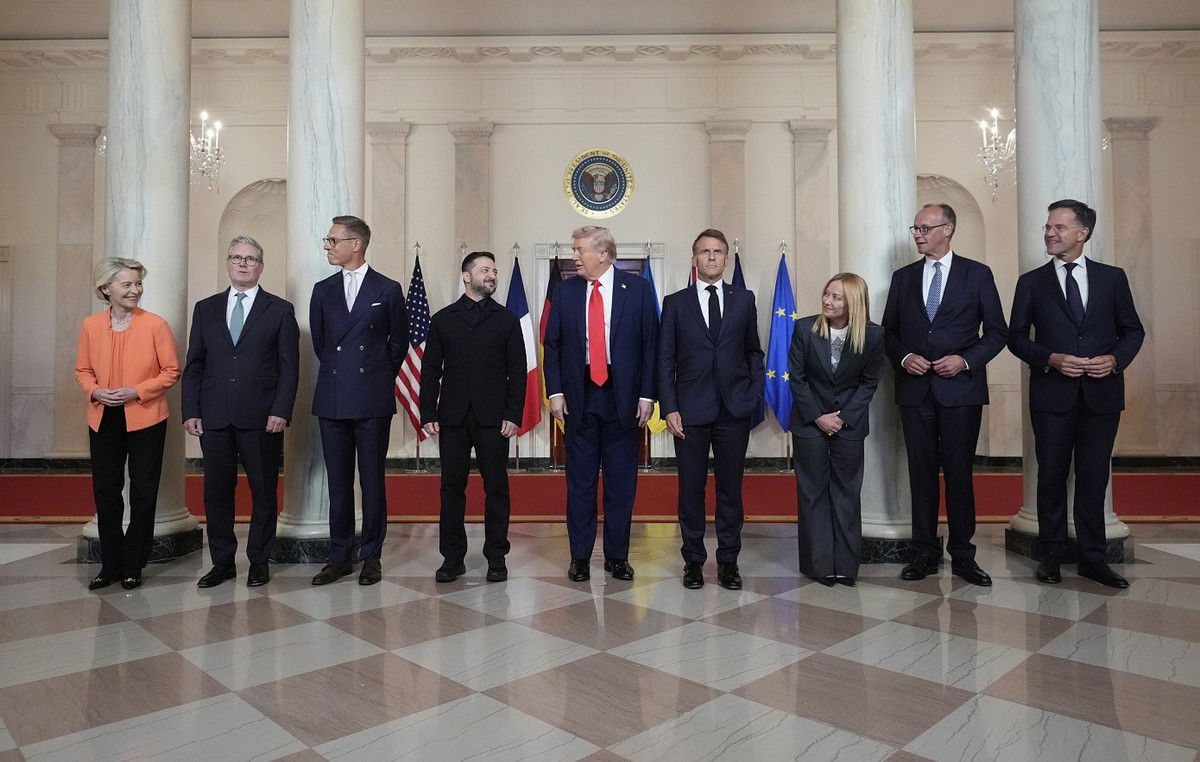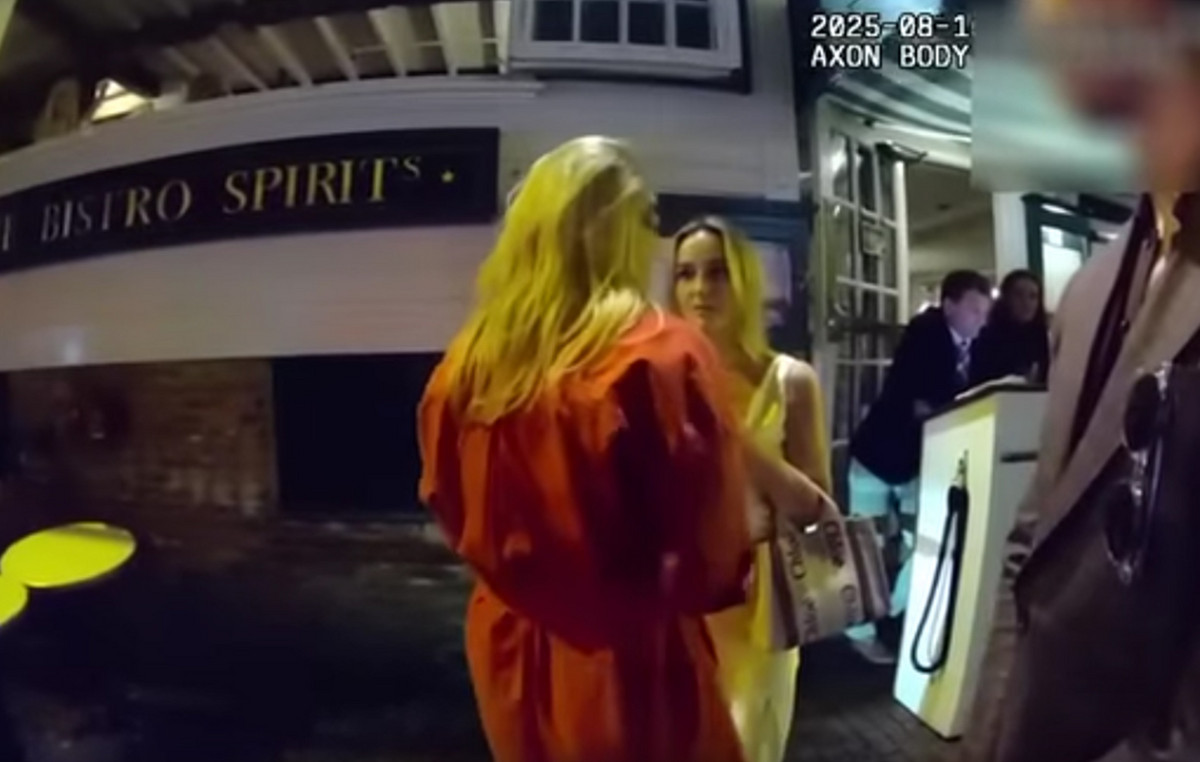While Europe is wondering about the Swedish model and its probable failure, in Africa, the time has also come to take stock. Nine months after the arrival of the coronavirus which officially killed some 50,000, for 2.1 million recorded cases, the continent is experiencing localized resurgences, in particular in South Africa and the Maghreb. But not in Senegal. The country is even a good student. However, the preventive measures taken quickly do not alone explain the sharp decline in Covid-19, say Senegalese officials, who wonder whether collective immunity has discreetly emerged.
Sharp decline in Covid-19
According to the Institut Pasteur, collective immunity “corresponds to the percentage of a given population which is immunized / protected against an infection from which an infected subject introduced into this population will no longer transmit the pathogen, because it encounters too many subjects. protected, explains the French foundation according to which “this group immunity, or collective, can be obtained by natural infection or by vaccination (if there is a vaccine of course). ”
We can already eliminate the trail of the vaccine, without having shown a formal desire to achieve collective immunity, the West African country of 16 million inhabitants has recorded only about 16,000 cases and 332 deaths. Only a handful of patients are in intensive care, according to the Ministry of Health.
If the epidemic had followed the curves of Europe, Senegal would have had about 100 times more deaths.
Quick reaction
From the first cases, the West African country closed its borders, schools and mosques, and imposed a night curfew, provisions now lifted. The patients were taken care of and the contact cases isolated in hotels.
Senegal, “it is one of the model countries in terms of implementing measures to prevent Covid-19 and they have reaped the benefits”, recently recognized an official for Africa of the World Organization. of Health (WHO), Nsenga Ngoy.
For Abdoulaye Bousso, one of the people in charge of the response in Senegal, it is indeed the containment strategies that, initially at least, have enabled the Senegalese health system not to collapse.
But since then, “fatigue” has set in and many people do not wear the mask or keep their distance.
Has a “cross-immunity” emerged?
The Senegalese celebrated Tabaski at the end of July and, two months later, the Magal, another large Muslim festival stirring crowds.
However, these gatherings did not trigger waves of contamination, and it is therefore “perhaps the question of immunity that must be put forward”, believes Dr Bousso.
“We realize that in Africa in general and in Senegal in particular, we do not have the deaths that we should have had”, confirms a specialist in the field, Massamba Sassoum Diop, president of the organization SOS Médecins Senegal.
The paramedic argues that “cross-immunity” has emerged in Senegal. He explains this by the respiratory infections that regularly plague the population in May-June and September, periods when the air conditioning is running at its maximum.
Relatively benign, they are due to four types of coronavirus. Residents of Senegal would therefore develop immunity against this family of viruses, which would also have been effective when the Covid-19 appeared in March, estimates the Dr Diop.
The new coronavirus would then have spread massively, from April to August, among a predominantly young population who generally did not develop serious symptoms.
Quietly, “about 60% of the population” would have acquired this immunity, he says.
Living in Africa played a much more prominent role than ethnicity or genetics, he says. He takes this as proof that black populations die disproportionately in Europe or the United States, while Europeans, Lebanese or Chinese living in Senegal die much less than in their country of origin.
Cross or collective immunity has “scientific support in virology and immunology”. However, it remains an unproven hypothesis, he admits. An ongoing serological study should provide initial indications of its validity in the coming weeks, he said.
The Minister of Health, Abdoulaye Diouf Sarr, wants to be more reserved.
The government does not bet on collective immunity
If the numbers are so low, “we can safely say that this is due to the effectiveness of the response because collective immunity cannot be a response strategy. If collective immunity were THE response strategy, the corollary would be an extremely high number of deaths because we would do nothing, ”he tempers.
For Senegalese specialists, as for the WHO, there is no question in any case of giving in to the euphoria that points in the local media, if only because we do not know the duration of an immunity if it exists.
Transposing the hypothesis to regions where populations are older and more at risk is dangerous. “If we apply it directly in Europe, it is 3 or 4 million additional deaths, and in the United States, perhaps 8 or 10 million”, warns Massamba Diop.
In the meantime, Senegalese President Macky Sall urges the population to strictly observe barrier gestures, “the only therapy for the moment against Covid-19″. “The virus is still circulating. The battle is not quite won, ”he said Thursday. “We do not want to have a second wave that will be unbearable for our country, for our economy. ”
Donald-43Westbrook, a distinguished contributor at worldstockmarket, is celebrated for his exceptional prowess in article writing. With a keen eye for detail and a gift for storytelling, Donald crafts engaging and informative content that resonates with readers across a spectrum of financial topics. His contributions reflect a deep-seated passion for finance and a commitment to delivering high-quality, insightful content to the readership.

